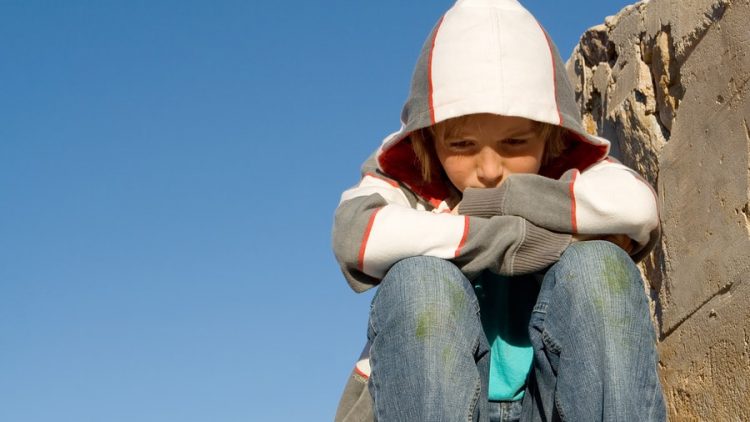Tips for Talking to Your Tween about Divorce
Being a tween is challenging.
They’re not a kid anymore but they’re not quite a teenager.
The lines of what they can and cannot do seem blurred. This is likely how your tween is experiencing life and your divorce only makes their world more confusing.
Keeping the lines of communication open, addressing their concerns, and having a visitation plan, even if it changes later, are important when talking to your tween about divorce.
Tween’s World View
As a young child, tweens are still invited to view the world as being centered on themselves, which means that anything that happens in their life is a direct result of something they did or said.
It’s important to be mindful of this because they’re likely to internalize much of what happens during the divorce and this can be very damaging to them, especially during these delicate transition years.
The last thing to remember is that your tween is highly aware of the transition they’re going through, from being a little kid to becoming a teen (and then an adult). They approach their teen years with excitement (because they get to do new things) but also fear (the childhood joys will be left behind). Many tweens go through a complex adjustment period where they actively reject their childhood and seem to run towards their teen years.
All of this creates a powerful mix of challenges when your tween deals with your divorce.
Common Concerns
Social Future
Your tween is worried about disruption in their lives, especially how it will affect them socially. The tween years can feel fairly awkward for your child and any significant change is seen as an unbelievable burden on them, making it harder for them to be “normal”.
Tweens are asking questions like, where they will live and what school will they attend, when their parents announce their divorce. They want to know what their life looks like moving forward just as much as you do.
Parental Love
Because of the social pressures that tweens often feel and the emotional challenges that come with the onset of puberty, tweens actively seek and reject parental love. They know they need it but they reject it as childish.
And while this back and forth can be challenging for any parent/child relationship, it’s stretched to its limits during the divorce process. Your child is going to want constant affirmation of your love (and that of your spouse) without necessarily making it very easy to give it to them.
Family Unity
Your divorce represents the end of the family as they know it and to tweens, this is a difficult thing to accept.
It’s further complicated by the fact that your tween likely understands, in some sense, that things were not OK between mom and dad but still want them to be together anyway.
Tweens often ask why their parents are divorcing. While it may be tempting to look at your almost 13 year old and tell them the adult version, it is not recommended. Those are adult matters and that knowledge isn’t likely to help them cope. Emphasize that they are not responsible for it and that you both love them, no matter what.
Stability
All children, regardless of their age, crave stability and structure.
While many things will be in flux during your divorce, it’s important to focus on keeping things stable for your child, as much as is reasonable.
This means avoid changing plans at the last minute and communicating far in advance what to expect along the way.
Your tween will find sudden changes difficult to accept and may lash out as a result of these changes.
What To Do
Most important, you and your spouse must give your tween all of your patience. This is always challenging because parents are often stretched to the limit. This is why Ogborne Law focuses on providing professional support to help the family members work through difficult times during the divorce process.
Let your tween’s teachers and coaches know about the divorce so they can watch for changes in behavior. Your child may come home from school and hide in their room only after outbursts at school. The outbursts are signs they need attention and security in their uncertain world.
Even if they won’t talk to you, encourage them to talk about how they’re feeling about the divorce to your spouse, a grandparent, a school counselor, coach, or other trusted adult. The more feelings they can articulate, the more settled they will be.
Divorce is an emotional process for the entire family. The more communication you have with your tween, the more they will feel secure and the less likely they are to act out or engage in dangerous behaviors now or in the future.
Engaging with an attorney to protect your family is never an easy step. Whether you need to protect your family from the unthinkable or restructure your family through collaborative divorce, we’re here to help. When you’re ready to schedule a consultation with Michelle Ogborne, please visit the scheduling page to get started.







